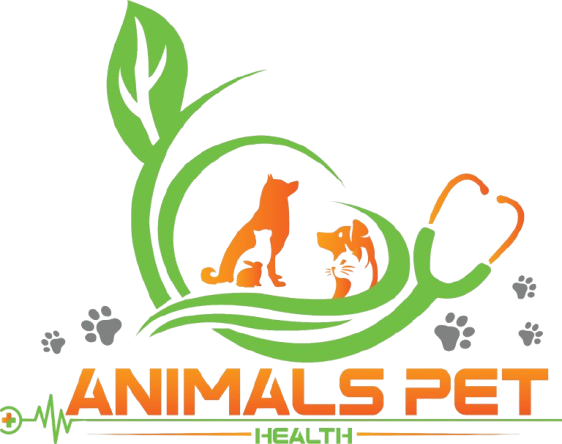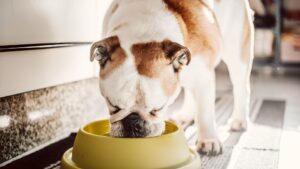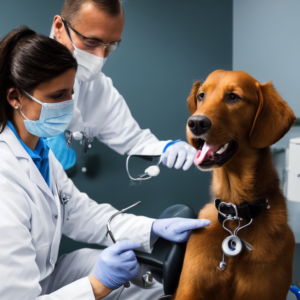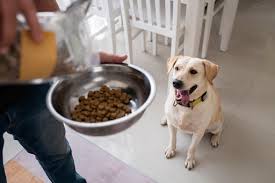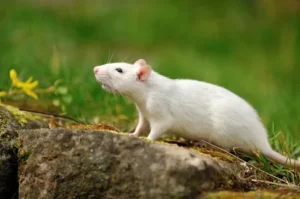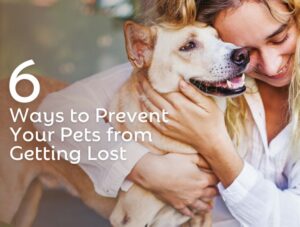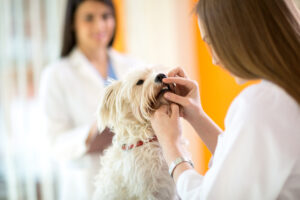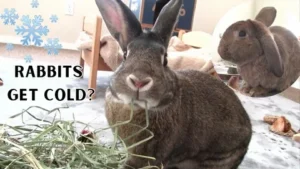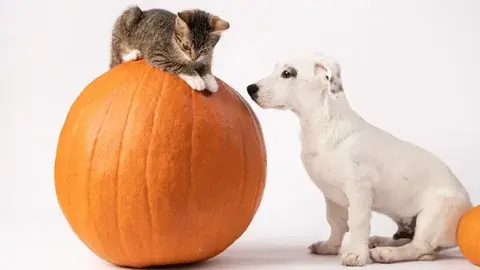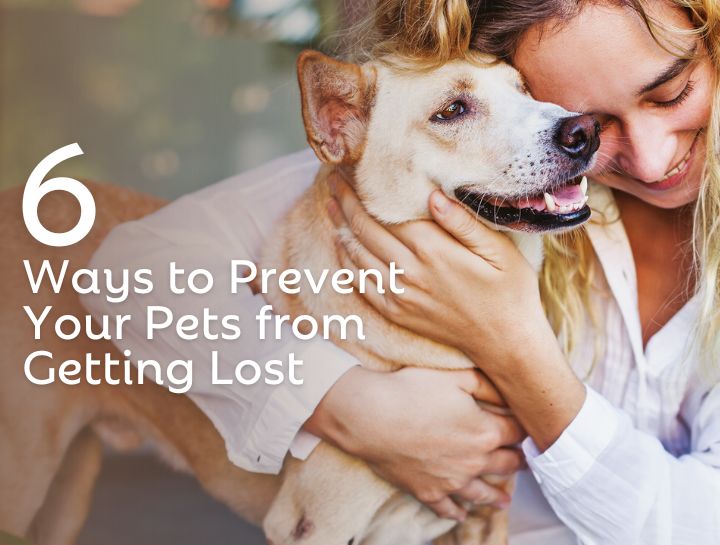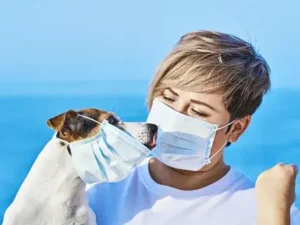We pet owners are seeking natural, healthy options to enhance the lives of our furry companions all the time. Pumpkin is one of the outstanding pet superfoods that has become a popular pet nutrient.
Pumpkin is easy to digest, full of nutrients, and can have considerable health benefits to both cats and dogs.
This blog will discuss the many Benefits of Pumpkin for Your Dog or Cat, how you can safely add it to their diet, and answer some commonly posed questions. To get more information on pet health and wellness, visit AnimalPetHealth.
Why Pumpkin is Good for Pets
Pumpkin is a very healthy food and there are many Benefits of Pumpkin for Your Dog or Cat which provides excellent amounts of vitamins, and minerals along with dietary fiber.
Pumpkin for Pets is an all-purpose ingredient that provides high levels of vitamin A, C, and E, along with essentials such as potassium and iron, and potent antioxidants all at a low calorie count.
The combination of these nutrients will help to maintain all the digestive organs of your pet, boost their immunity and keep the skin healthy.
The Nutrition of Pumpkin.
- Vitamin A: Helpful in eye health and sight.
- Dietary Fiber: Helps the system to digest well and they may also help to normalize the bowel movements.
- Potassium: Electrode and electrolyte balance and muscle.
- Antioxidants: combat the free radicals, reduce inflammation.
Benefits of Pumpkin for Dogs
Pumpkin can be of great benefit to dogs, especially when they are given fresh pumpkin puree or in their food containing pumpkin powder. This is a list of the positive effects of pumpkin on dogs:
Improves Digestive Health
Pumpkin can be used as a natural remedy to digestive problems in dogs. Its high fiber content will regulate the stomach and may ease constipation and diarrhea.
Fiber also increases the bulk of stool aiding in normal bowel movements. Pumpkin also is not irritating to the tummy of a dog and is frequently suggested due to the veterinarian whenever a pet has an unhappy stomach.
Supports Weight Management
Since pumpkin is a low-calorie food that is also gluttonous because of containing fiber, it can enable dogs to be satiated without adding additional calories. This is what makes it a very good supplement to weight management diets.
Boosts Immune System
The pumpkin includes natural antioxidants and vitamin content beneficial to your dog and enhances their capabilities in preventing infections and guarding against chronic health conditions.
Promotes Healthy Skin and Coat
The fatty acids and vitamin A found in pumpkin taken care of your skin and make your hair shiny, lessening dandruff and dryness.
Benefits of Pumpkin for Cats
Although cats are obligate carnivores and meat is expected to be the primary component of their diet, pumpkin may also play a positive role in their diet.
1. Aids in Digestion for Cats
Parts of the intestines can also have problems like constipation or diarrhea, just as with dogs. They can certainly manage their digestion system by including some pumpkin in their meal.
2. Supports Urinary Health
The moisture and fibre levels of pumpkin can contribute to the urinary tract in cats, particularly those that are susceptible to urinary crystals or cat urinary infections.
3. Helps with Hairball Control
Cats tend to consume hair during grooming leading to the formation of hairballs. Pumpkin fibers aid in the passage of hair through the digestive system more easily to form fewer hairballs.
How to Safely Feed Pumpkin to Your Pet
Feeding Pumpkin for Pets is something acceptable, but needs proper balancing in preparation and feeding.
What Type of Pumpkin Should You Use?
- Prepare plain tinned pumpkin (100 percent pumpkin no seeds added or baked or boiled pumpkin)..
- Avoid pumpkin pie filling which has sugars, spices and other elements that are dangerous to pets.
How Much Pumpkin Should You Feed?
- In dogs: Use a starting dose of 1 teaspoon/kg of body weight per day. Adapt to the reaction of your pet.
- In cats: Cats should be started at 1 teaspoon daily in the food.
Precautions
- Many a time you will hear your veterinarian advising you to keep pumpkin out of the diet your pet uses especially those pets who are already on some medicine as well as pets who have some medical history behind them.
- Use small doses of pumpkin so that you do not experience stomach upsets.
- Keep an eye on the stool and health of your pet and add pumpkin.
Conclusion: Why You Should Consider Pumpkin for Pets
The Benefits of Pumpkin for Your Dog or Cat, particularly around digestive health, immune health and skin health. It is an inexpensive and natural means to enhance the life of your pets.
Always choose plain Pumpkin for Pets without additives and ask your veterinarian about better portioning according to the special needs of your pet.
Pumpkin is not only a fall snack, but it is also a healthy food that can be useful to all-year-long health of your pet.
To learn more tips and updates about how to keep your pets healthy with natural foods and uses, remember to visit AnimalPetHealth on a regular basis.
FAQs
Will pumpkin treat my pet diarrhea?
Yes, the fiber in pumpkin assists in absorbing extra water in the digestive system which may harden loose stools. Nevertheless, diarrhea, continued, consult a veterinarian.
Can all dog and cat breeds eat pumpkin?
Pumpkin should be safe with any breed, but it is recommended to add it gradually and watch in case of allergy or the occurrence of any reactions.
Can I give my pet raw pumpkin?
Raw pumpkin is more difficult to digest by pets. Definitely cooked or canned pumpkin is easier to digest.
Should I feed my pumpkin to my dog or cat and how frequently?
Pumpkin can be fed several times a week or on a daily basis food in small quantities. Adjust according to the tolerance and digestion of your pet.
Will pumpkin replace normal food of my pet?
Pumpkin is a supplement rather than a substitute in a balanced dog diet.
